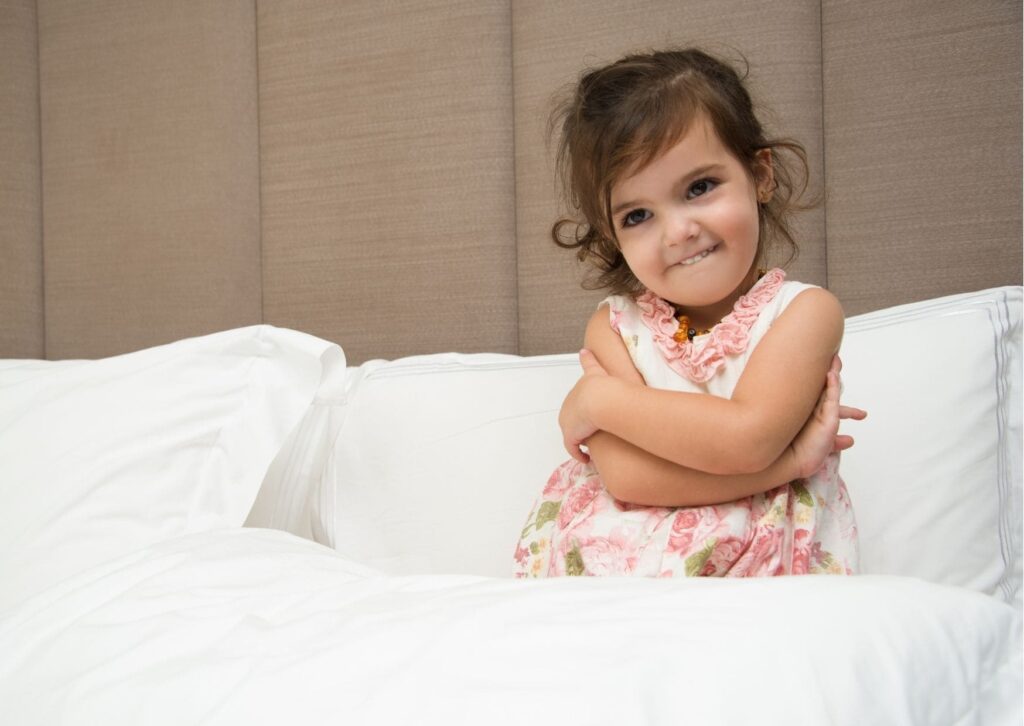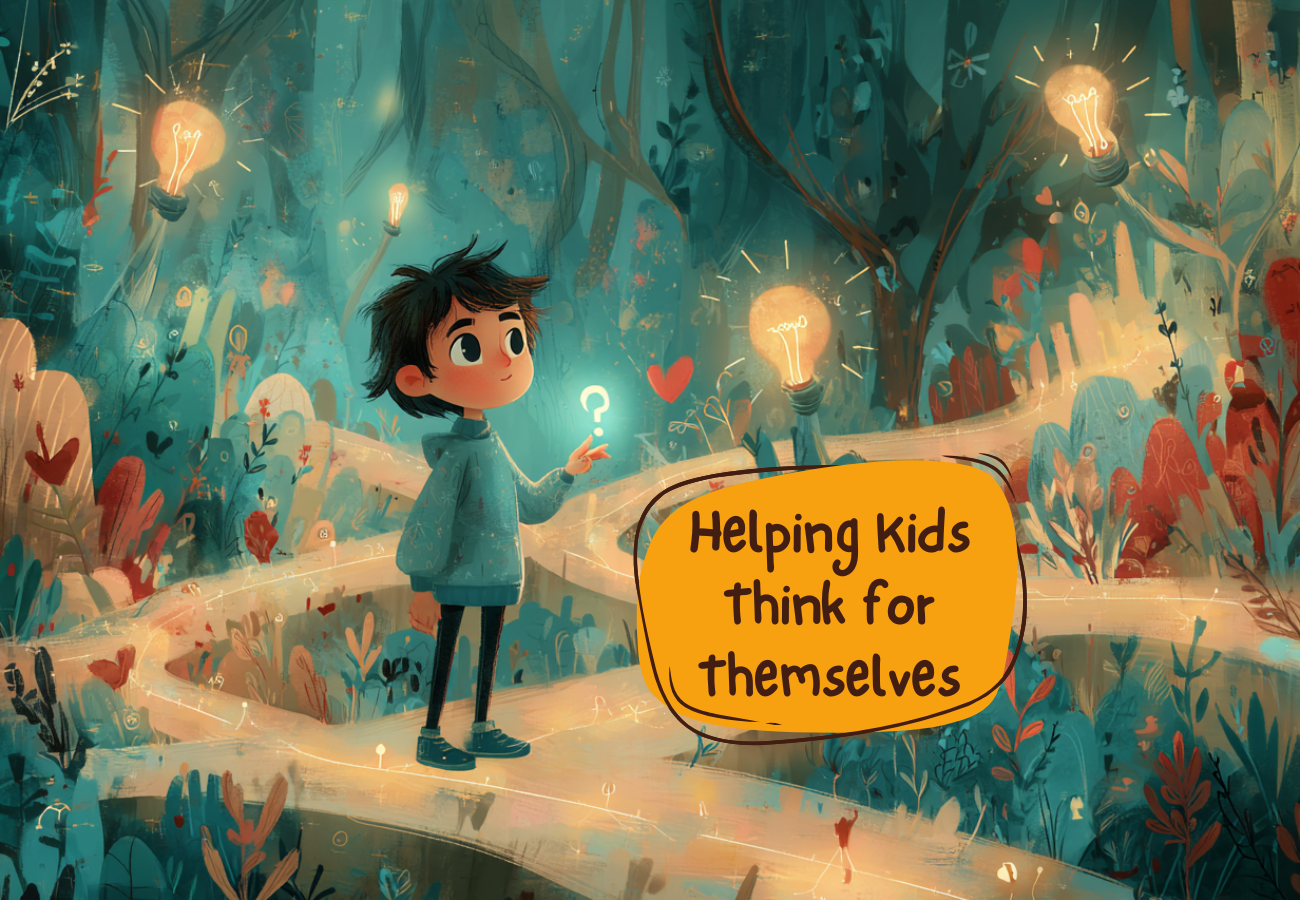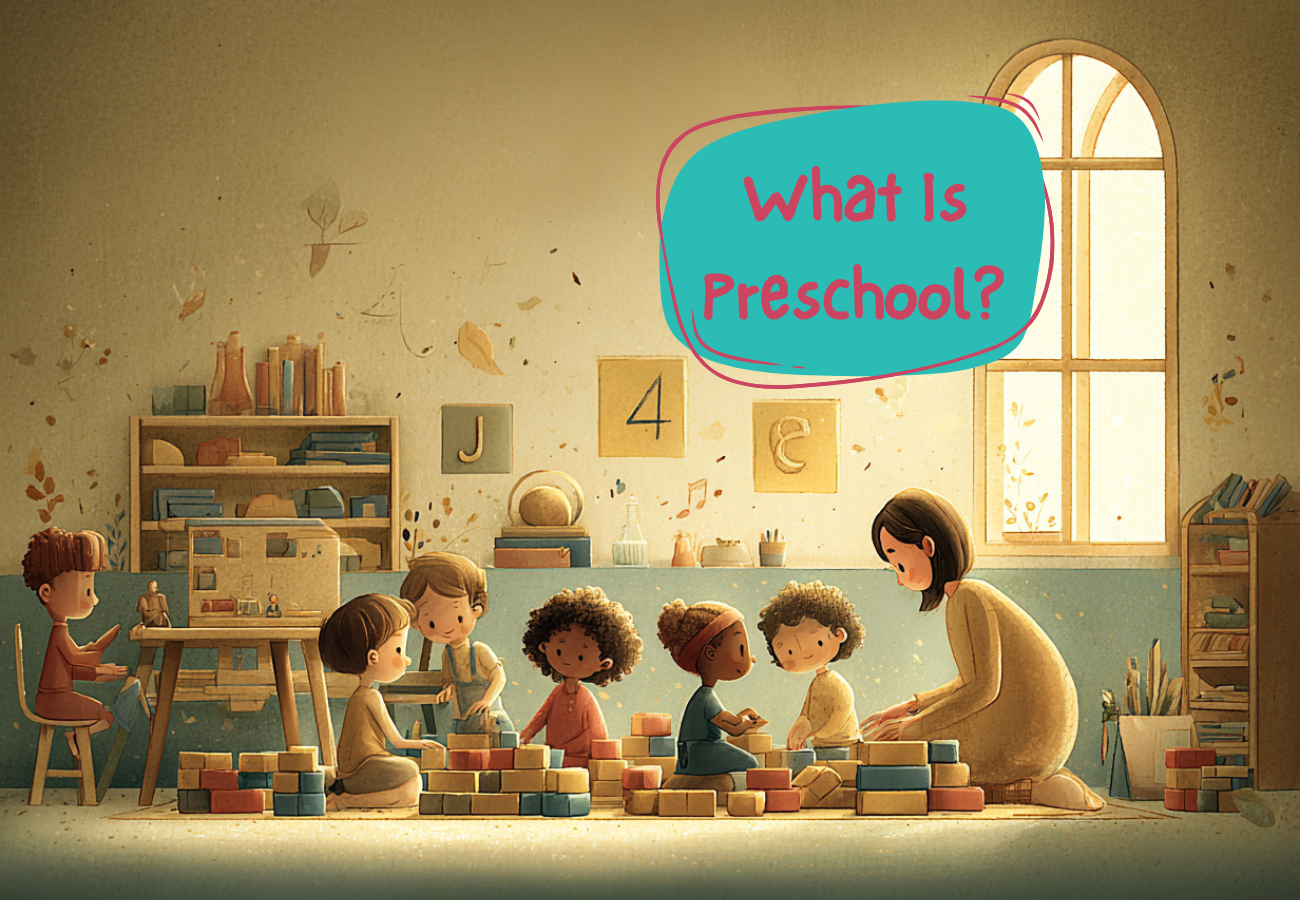How to Teach Kids Self-Acceptance?

Love is everything. We love many aspects of our lives: better-halves, parents, kids, pets, nature, work, autumn, sea, etc.
The keyword of our existence is love. Without going deeper into philosophy, we all know that love is the basis of our essence. Unfortunately, many people tend to love everyone and everything but themselves. That’s a huge mistake. One should love oneself to love the whole world. If you need to be reminded why acceptance is our superpower, check out my book about it.
Self-acceptance can crop up in so many places, whether at school or in a virtual charter school, as part of their education dealing with other children, or even at home. So it’s important that you are doing all you can to teach your kids self-acceptance as well as possible, as this is something that is really going to help with their development on the whole.
Learning Self Acceptance: Everything a Parent Should Know
Love needs cherishing. Thus, learning how to accept yourself should begin as early as possible. An adult person with a lack of self-confidence is a challenge in the face of a psychologist. Take care of your child’s mental health while you can.
What Does Acceptance Look Like?
The more you accept yourself, the better your self-esteem is. Children who lack self-confidence may face depression.
This can lead to:
- Not having the opportunity to unfold your talents
- Rejecting the very idea to date the boygirl they would like to in the future.
- Giving up on the idea of their dream jobs
All this happens because they think they don’t deserve it. How to teach them to accept themselves and be open to new things?
Self-sufficient children don`t worry about their appearance, skills, and stature-based insecurities. Their motto is something like: every man has the defects of his own virtues. They feel comfortable with braces, short stature, glasses, or excess weight. They may wish they had good eyesight or even teeth, though, they don’t perceive it as something repulsive.
Acceptance for kids concerns all areas of their lives. Let’s look at a girl, who knows everything about accepting who you are; and a boy who lacks this skill. She loves music but sucks at singing. He loves basketball but is not so proficient in it to play for the school team. The girl takes the situation for granted, but the boy is too concerned about it. He thinks he is not as cool as other boys. It may lead to mental problems in the future. Parents are the ones who should fix the situation by having a conversation about it and practicing confidence exercises together.
It’s also useful to teach kids tolerance so they will not bully others for their insecurities.
The importance of self-acceptance
To sum it up:
- Children with low self-esteem fail to jump at the opportunities;
- They tend to feel disappointed and depressed;
- Kids lack the courage to make friends;
- Constantly comparing themselves to others;
- Focus on faults, too much energy is wasted on attempts to hide them, etc.
Children who know how to deal with the things they don’t appreciate are more successful and happy. They also:
- Aren’t afraid of losing friends;
- Try new things;
- Take insults easy;
- Are easy-going and thankful;
- Have a developed sense of self-contentedness;
- Focus on what they have rather than the opposite.

How to Practice Acceptance?
How do you explain acceptance to a child? The theory is good, but it’s time to establish a habit. The best way to do it is to practice. Coloring pages and worksheets are great for practicing life skills in a simple, non-school way. Today we are going to discuss no less useful activities on acceptance.
- Teach kids to love their bodies. Sometimes our bodies become a target for criticism and self-defeat. Your task is to explain that we cannot change them to the full extenе. One more important point is to show that the beauty of the body isn’t the only reason to love somebody. Teach kids to avoid people who offend them on that ground. By the way, teach kids to be respectful. A child should see that there are people who value others not only for their outer beauty.
- Teach kids to value what they have. Talk to them from time to time about the life they live. Emphasize how happy they are to have an opportunity to have food and a roof over their head. Tell them how happy they are just because they have arms, legs. Thus they can play games or ride a bike. Also, tell them how cool it is to walk down the street with their parents even if it doesn’t lead to Disneyland. The task is to explain gratitude to them.
- Set an example. Parents have no right to criticize the failures of others in front of their children. For example, if you say that a person walking by is fat, your kids may remember it. When having problems with excess weight, they may feel strange in a company because of it. Create the reverse strategy. Let it be so, your kid sweats it about braces. Compliment a person wearing braces on his or her appearance to make a child believe in his own beauty.
- Emphasize key strengths. Keep practicing any acceptance activity. Still, make it possible to plunge into the favorite niche. I mean that a kid with low self-esteem should feel a little bit like a star. A boy whose classmates are doing martial arts may like dancing but hasn’t got a strong physique. Provide him with an opportunity to practice dancing. His classmates will punch the air when he wins over all girls at a school disco. Is he still likely to worry about his physique? Not really.
- Teach a sense of compassion. Well, you may ask why, because such children are often the victims of jokes. The point is that your child absorbs a new worldview. He will think about it and come to a conclusion. It’s that most people accept him or her as the boygirl they really are. He deserves love and appreciation just because he is. Talk about compassion and empathy as well.
- Surround your children with variety. Different cultures, religions, ages, and activities boost the sense of acceptance. Travel a lot. Give chances to meet people of different nationalities. Explore the world together. By the way, have you ever seen a gloomy and hostile human being who spends half a year on a trip? I haven’t personally. To my mind, that’s because they have a well-developed sense of acceptance. Travelers should get along with all kinds of people, that’s to say, to accept them.
Last But Not Least
The question of how to accept yourself arises in adolescence or even in adulthood. In essence, people have unpleasant experiences in childhood that lead to such consequences. Don`t waste time! Start learning self-acceptance right now.
More articles

Helping Kids Think for Themselves — Gently and Without Pressure
Independent thinking is the ability to look at a situation, ask questions, form opinions, and make choices with confidence. Kids who think for themselves tend to feel steadier in their daily lives. They trust their thoughts and can speak up even if others see things differently. Parents and teachers often want this skill for kids, […]

The Impact of Color and Texture on Children’s Emotions, Behavior, and Learning
Children don’t just see their environment — they absorb it. Every color, every texture, and every visual detail around them quietly shapes the way they focus, relax, behave, and even understand their own emotions. While adults often adapt to a space automatically, children respond to it instantly and instinctively. That’s why creating a supportive environment […]

What Is Preschool and Why It Matters for Early Development
Choosing the right preschool is one of the most critical decisions parents make in shaping their child’s early development. In today’s evidence-based educational climate, early childhood education is recognized not merely as preparatory schooling, but as a scientifically validated foundation for cognitive, emotional, and social growth. High-quality programs such as Little Scholars NYC, an established […]



